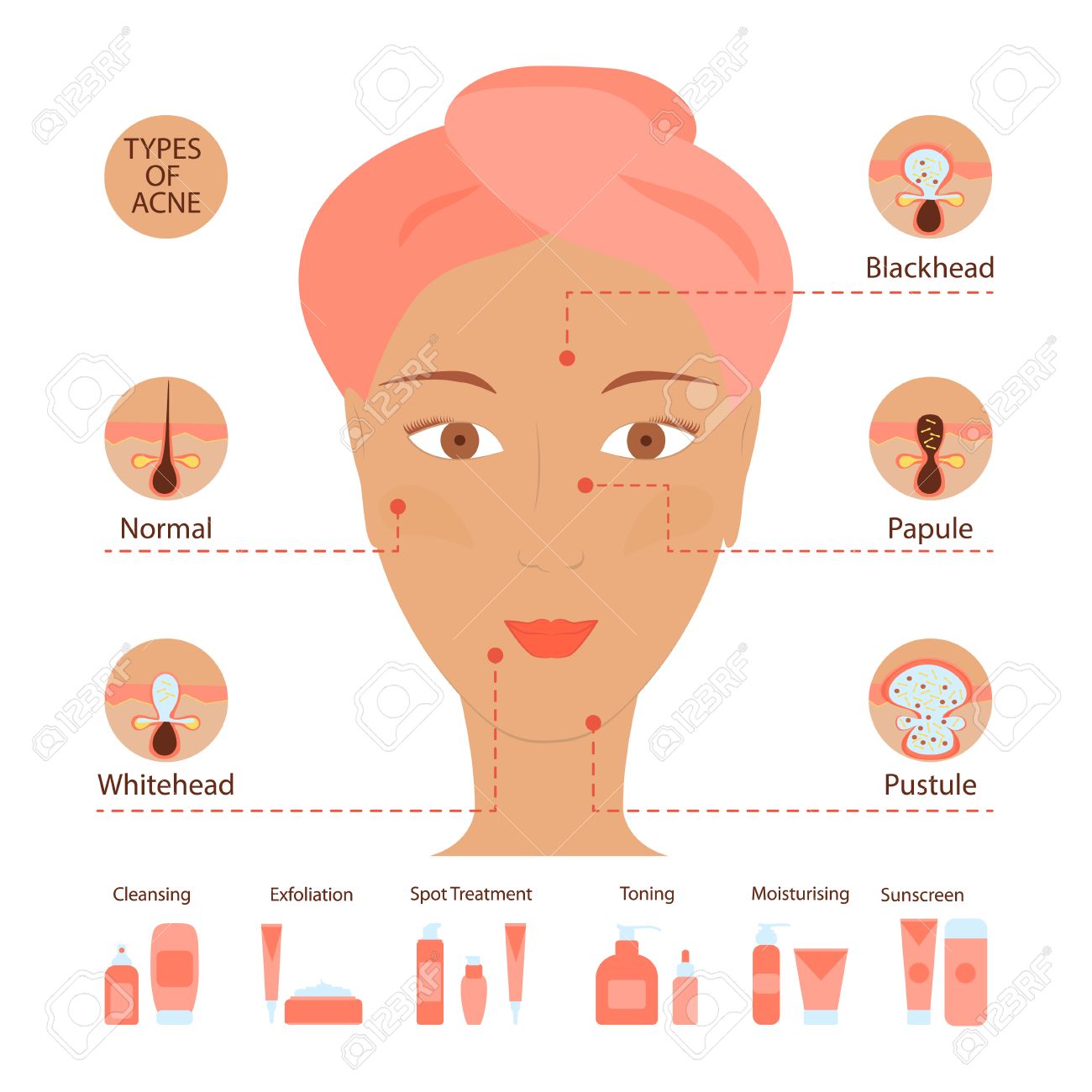Myths And Truths Regarding Acne: Debunking Common Misconceptions
Myths And Truths Regarding Acne: Debunking Common Misconceptions
Blog Article
Write-Up By-Haney Hawkins
You could believe that enjoying chocolate or oily foods is the origin of your acne, yet that's just one of numerous myths swirling around this common skin condition. As a matter of fact, acne mainly comes from clogged hair follicles, not your last treat. Misconceptions like these can lead you to embrace ineffective skin care methods that might even aggravate your scenario. As you navigate the facts behind acne, you'll find insights that could change your approach to skin care and help you accomplish clearer skin. So, what truly exists underneath the surface area?
Common Myths Concerning Acne
When it concerns acne, lots of people rely on common misconceptions that can result in confusion and frustration. One common misconception is that eating delicious chocolate or oily foods creates acne. While diet can influence skin health, the straight link in between particular foods and acne isn't as clear-cut as several think.
An additional common mistaken belief is that you need to scrub your face intensely to clean up outbreaks. In reality, hostile scrubbing can irritate your skin and worsen acne.
You might additionally think that acne only affects teenagers, yet grownups can experience it as well, often as a result of hormonal adjustments or tension. Some people think that sun tanning can clean up acne, but sun direct exposure can really lead to skin damages and worsen outbreaks in the long run.
Finally, many believe that utilizing extreme items will get rid of acne rapidly. Nonetheless, these products can strip your skin of its natural oils, causing raised irritation and more breakouts.
Scientific Facts Behind Acne
Understanding the scientific facts behind acne can encourage you to tackle this usual skin condition better.
Acne happens when hair follicles come to be blocked with oil, dead skin cells, and microorganisms. https://www.healthline.com/health/cosmetic-surgery/v-line-surgery starts with an overproduction of sebum, the oil your skin naturally generates. Hormonal adjustments, particularly during adolescence or menstrual cycle, can cause this excess oil.
Bacteria called Propionibacterium acnes grow in these blocked pores, causing swelling. When your immune system reacts, it can cause inflammation and swelling, leading to those pesky acnes or cysts.
Genetics also contribute; if your moms and dads had acne, you might be extra vulnerable to it.
Diet regimen and anxiety degrees can affect acne too, however study is still advancing in these areas. While delighting in oily foods will not directly create breakouts, a balanced diet can support your skin health.
Similarly, taking care of stress and anxiety can reduce hormone variations that may worsen acne.
Tips for Handling Acne
Managing acne properly needs a mix of day-to-day skincare practices and way of living modifications. Start by developing a consistent skincare routine. Cleanse your face twice a day with a gentle, non-comedogenic cleanser to eliminate dirt and excess oil. Stay clear of rubbing also hard, as this can irritate your skin and aggravate acne.
Next, integrate https://coldlasertheray21086.blog2freedom.com/32208596/the-science-behind-acne-treatment-how-active-ingredients-work-to-clear-skin including salicylic acid or benzoyl peroxide to aid avoid breakouts. Always follow up with a light-weight, oil-free cream to maintain your skin hydrated. Do not neglect sunscreen; opt for non-comedogenic alternatives to safeguard your skin from UV damage without clogging pores.
Beyond skin care, focus on your diet. Restriction sweet and oily foods, and focus on fruits, veggies, and whole grains. Remaining hydrated is vital, so beverage a lot of water throughout the day.
Furthermore, manage anxiety via activities like yoga exercise, meditation, or workout, as anxiety can cause breakouts.
Finally, prevent picking or standing out pimples. This can result in scarring and more inflammation. If your acne persists, seek advice from a skin specialist for personalized treatment choices.
Conclusion
In conclusion, it's important to separate fact from fiction when it pertains to acne. By exposing usual myths, you can better comprehend your skin and make educated choices for your skin care regimen. So, why remain to rely on outdated concepts when the truth can equip you? Accept healthier practices, focus on mild cleaning, and bear in mind that managing acne is a journey. With the appropriate knowledge, you're one action more detailed to clearer, healthier skin.
